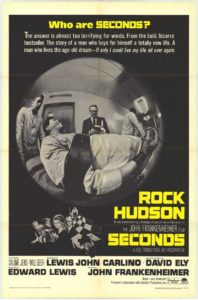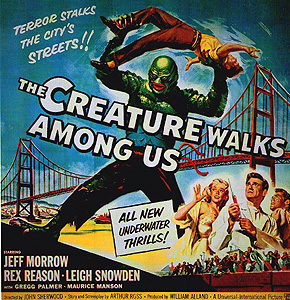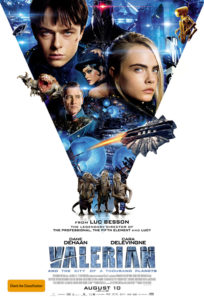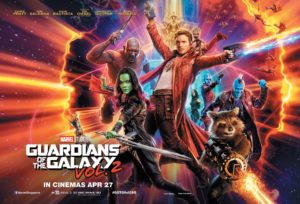The third in director’s John Frankenheimer’s paranoia trilogy, the previous two films being The Manchurian Candidate and Seven Days in May, Seconds turns the attention from external threats to questions of identity and conformity.
The main character of the story is Arthur Hamilton an upper middle-aged man, white, Protestant, wealthy, and entirely dissatisfied with his life. Mysterious communication from a ‘deceased’ friend leads him to a company that services men as himself, creating for them new identities, new lives, in younger, stronger bodies. Arthur undergoes the processes and  is reborn as Tony Wilson, now played by leading man actor Rock Hudson. Arthur, living as Tony, is relocated to California and given a life that is designed to fulfill those emotional voids from his previous ones, but they do not. Despite a reignited sexual drive and capacity, a young exciting woman professing her love, and absolute freedom, Arthur/tony remains deeply unhappy. Questioning his choices and seeking solutions puts Arthur/Tony on a disastrous course that he may never recovery from.
is reborn as Tony Wilson, now played by leading man actor Rock Hudson. Arthur, living as Tony, is relocated to California and given a life that is designed to fulfill those emotional voids from his previous ones, but they do not. Despite a reignited sexual drive and capacity, a young exciting woman professing her love, and absolute freedom, Arthur/tony remains deeply unhappy. Questioning his choices and seeking solutions puts Arthur/Tony on a disastrous course that he may never recovery from.
There is no doubt that Seconds is a science-fiction story without the intense and complex procedure to take an old man and transform him into a young one the story simply falls apart. The movie is tough, brutal, and disturbing. By brutal I do not a bloody festival of violence, but rather that the handling of the characters and their issues are not softened by sentimentality. Arthur Hamilton is not a particularly likeable man and his transformation does not change this aspect but his journey is intellectually challenging and emotionally wringing which I found compelling and fascinating. The philosophical questions raised, by the film and left unanswered I might add, concerning the conflict between the individual and what society expects of an individual, are deep and powerful. This is an SF movies with a point, it is not a pretty film, it is not a feel good film, and it is not an adventure film, but it is an adult film with adult problems and an adult resolution, Filmed with techniques that were terribly difficult before the advent of SteadyCam, and with distorting lenses, Seconds can be difficult to watch and perhaps even physically uncomfortable for those susceptible to motion sickness.
This was the first time I watched Seconds and with the benefit of historical knowledge Rock Hudson’s performance takes on greater depth, meaning, and nuance, In 1966 Rock Hudson was at the top of his game as a leading man in Hollywood. Young, tall, and handsome he played vigorous, virtuous, and virile men that reflected back to America and the world the illusion of the man that men should strive to be and he did this while living a deeply closeted life. Normally I do not consider an actor personal life or orientation when watching their performance but in this case I think it transforms the acting into a sublime achievement. Taking on the role of ‘Tony Wilson’ Hudson plays a man who is hiding his core identity, who is living a lie, Hudson gives a performance that is layered with its own hidden truth. Frankenheimer wisely doesn’t spoil the subtlety of the Hudson’s acting with cheap close-up of things like a single tear, but lets many of the scenes play out in uncomfortable long takes
Produced when science-fiction cinema was truly becoming an adult art form Seconds is about as far from escapism as a move can get. It is a story unconcerned with heroic gestures, preening villains, or simplistic clashes of good and evil but rather it attempt to plumb the depth of the human soul and what it finds is deeply unsettling. It is a classic film from a master filmmaker, but by far it is not for everyone.




